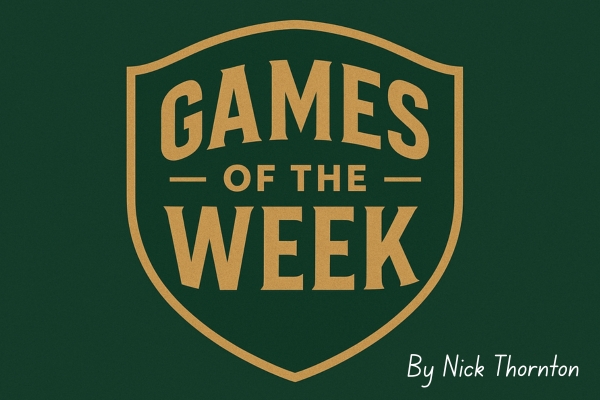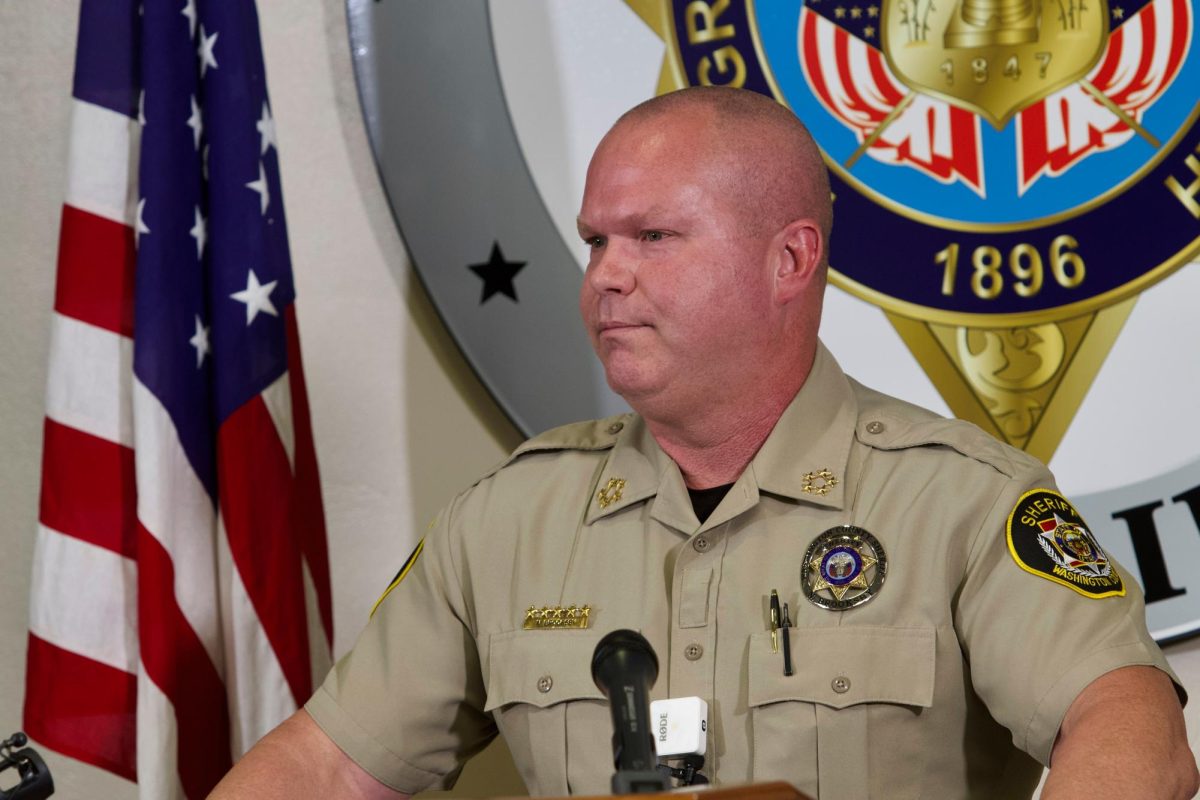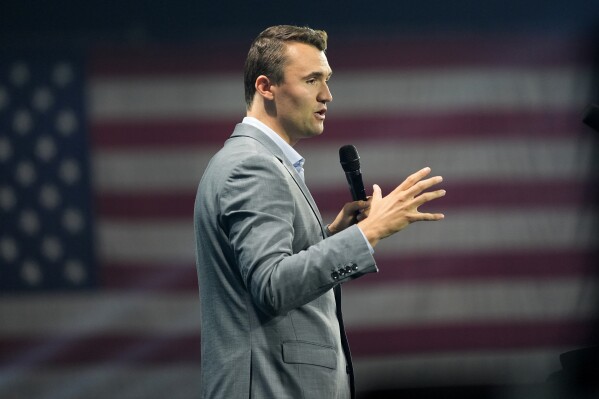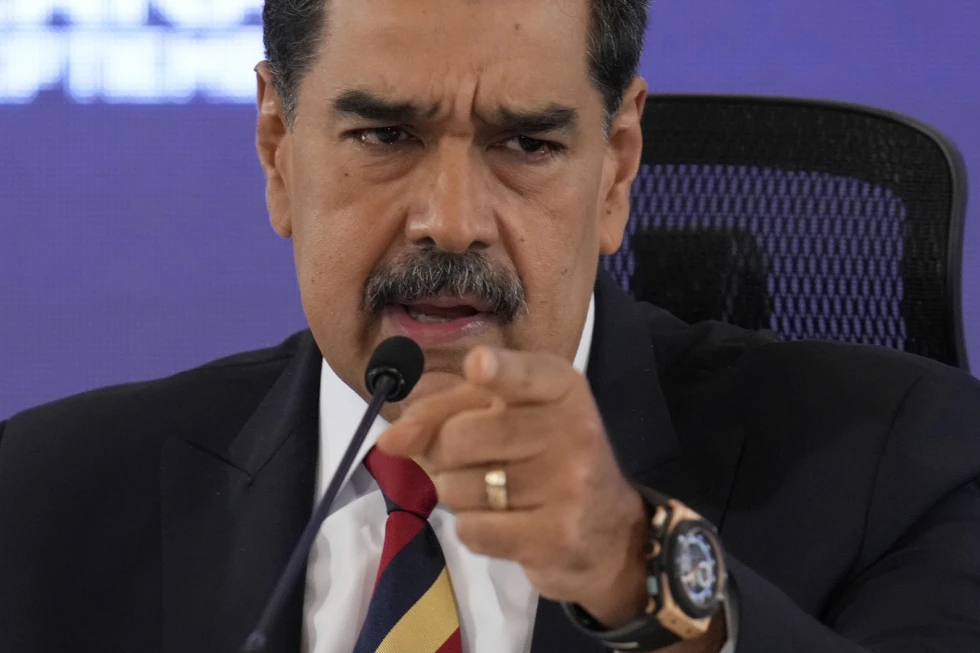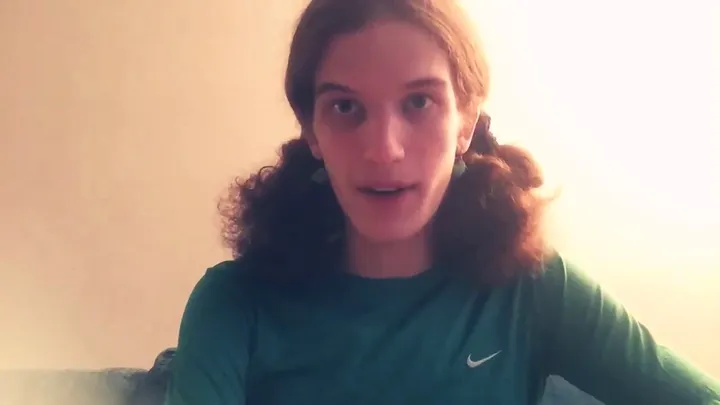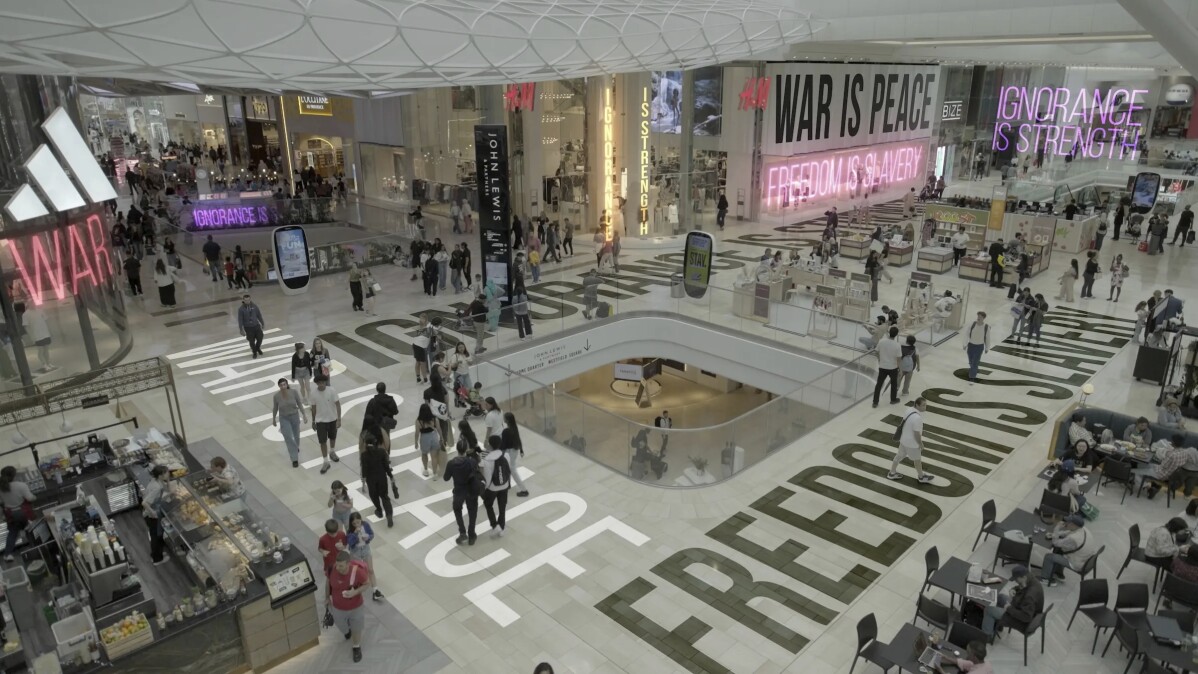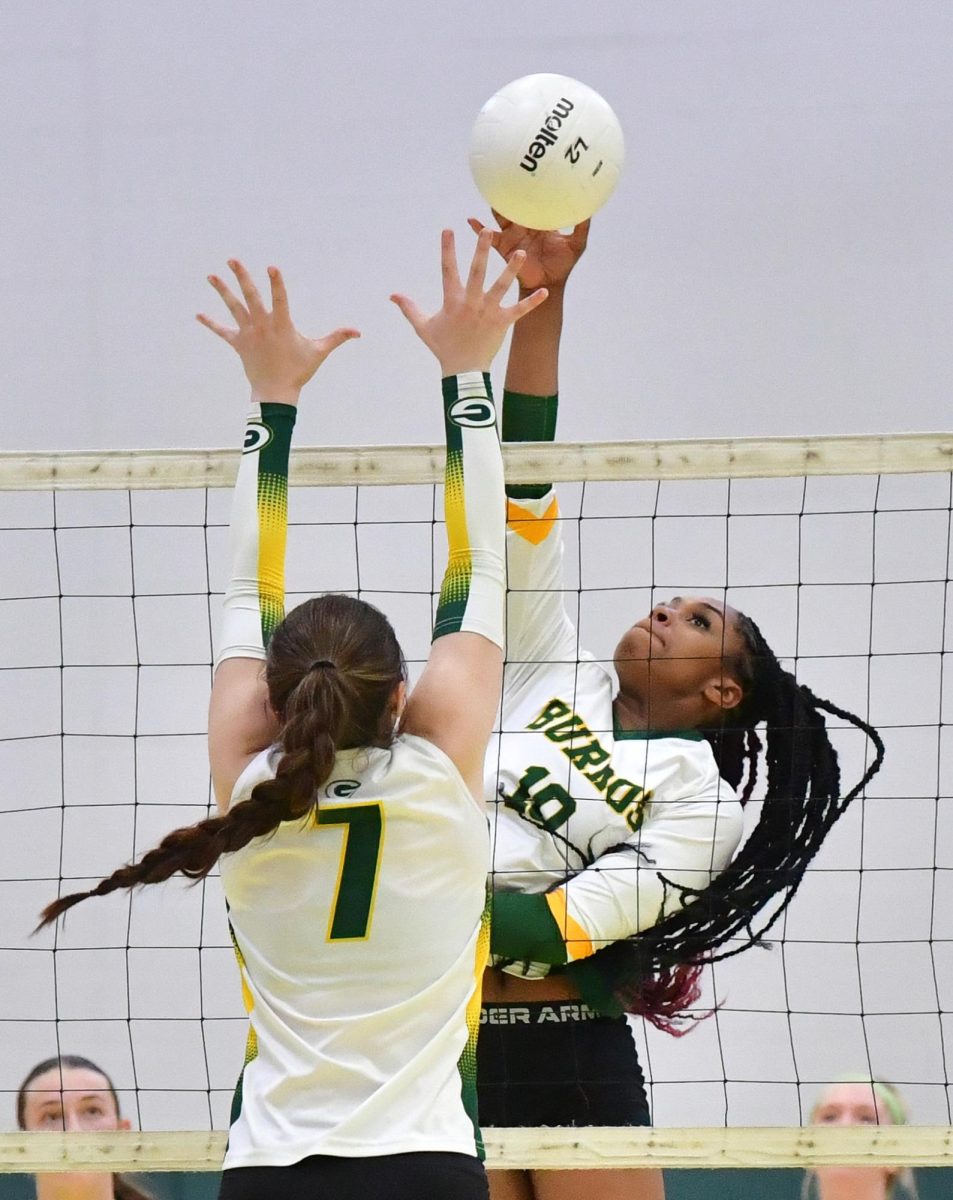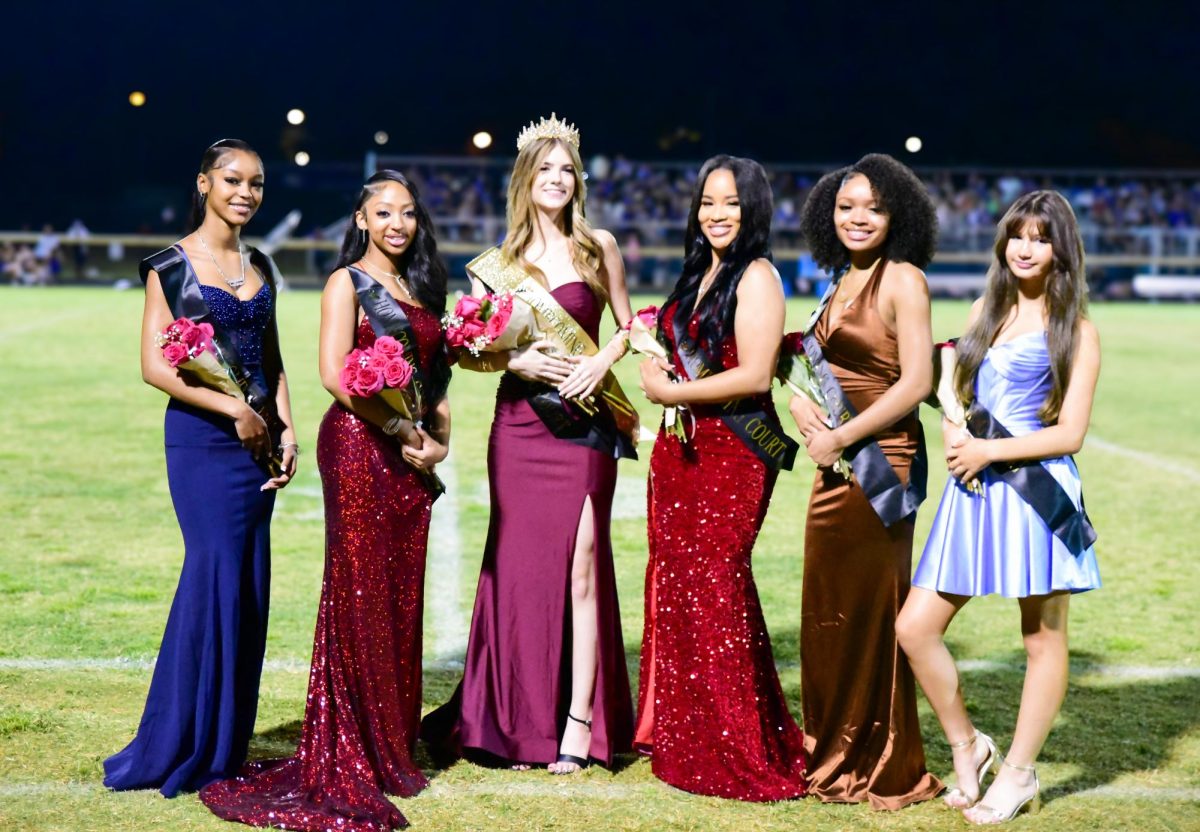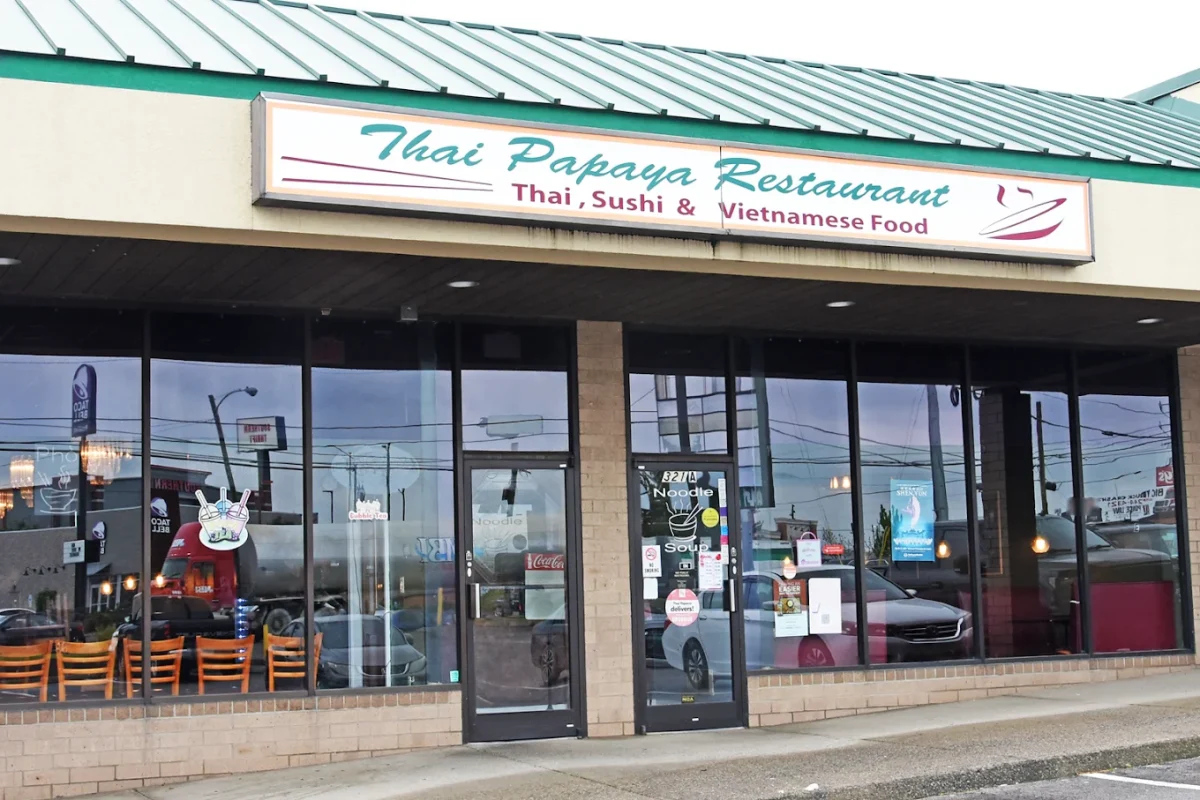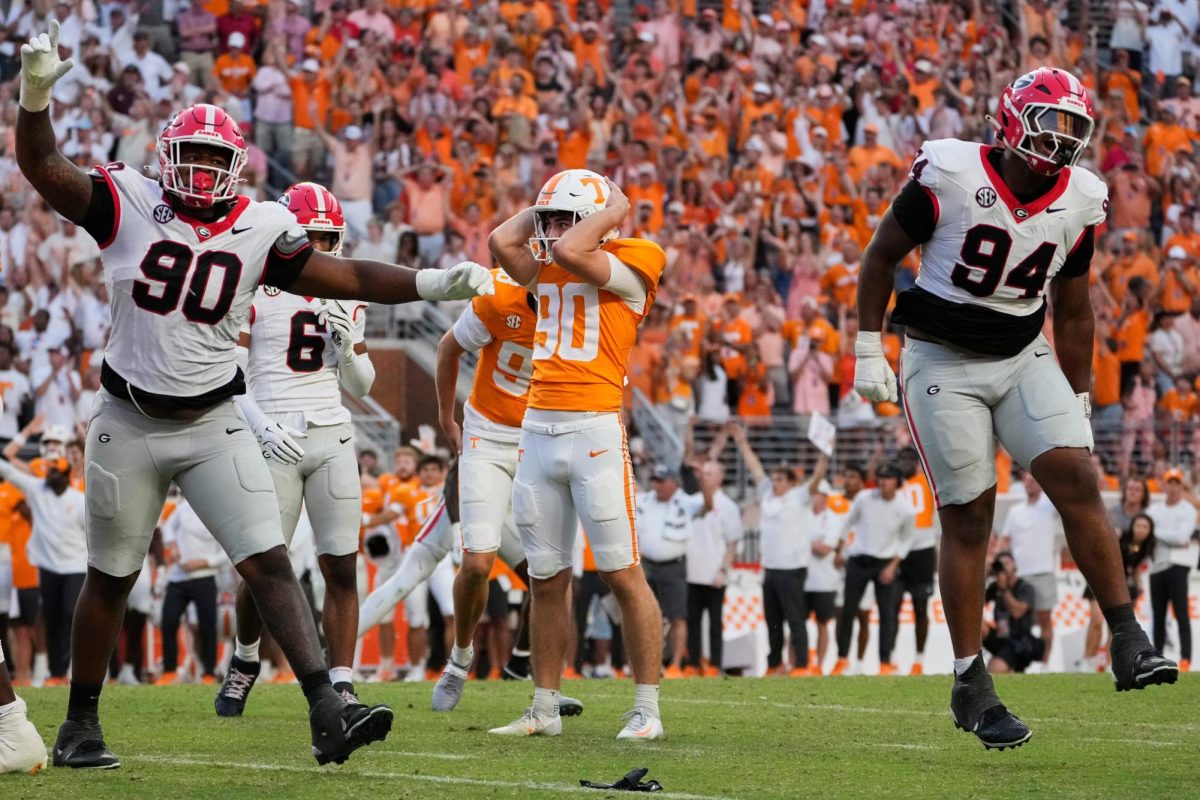15-year-old Savannah Grazian had been abducted by her father; she ran to the police thinking that they would protect her, but she was fatally shot instead.
Addressing police brutality against minority teens is crucial for upholding human rights, promoting trust and accountability in law enforcement. Advancing racial justice and equality, ensuring public safety and community well-being, fostering social cohesion and stability, and upholding moral principles and values. 90% percent of minority teens are afraid of cops because of how cops treat people of color based on bias and stereotype New study reveals racial disparities in fear of police brutality (phys.org). in most police brutality cases the cops get a slap on the wrist like suspension or not charged at all which leaves them walking a free man while their victims are traumatized and left without justice. instead of protecting and caring for community’s they take advantage of them and treat them like garbage that includes threats, a wrongful conviction and acts of violence towards them.
Police brutality towards minorities is cruel and unfair because it violates the most basic principles of human dignity and equality. When individuals are targeted by law enforcement simply because of their race or ethnicity, they are denied their fundamental rights to safety, respect, and equal treatment under the law. This type of brutality inflicts physical and emotional harm on its victims, often leaving lasting scars on both individuals and communities. It perpetuates a generational cycle of fear, distrust, and trauma, undermining the very fabric of society. Moreover, police brutality towards minorities is a manifestation of systemic racism and bias within the criminal justice system, perpetuating unjust disparities in the treatment of individuals based on their race or ethnicity. It is a betrayal of the public trust and undermines the legitimacy of law enforcement institutions. Addressing police brutality is not only a matter of moral imperative but also essential for building a democratic society where justice, fairness, and equality are upheld for all individuals, regardless of their race or ethnicity.
Hillsboro Globe interviewed minority and non-minority teens about police brutality. We started off with Meadow Lloyd who is a junior she was asked as a white female how does she feel about cops? She said that she doesn’t think they should get benefits like they do such as above average salaries and qualified immunity. We also interviewed Ja’nyra Chumley and she stated said police brutality far more worse when directed at teens because those police are supposed to protect children and make teens mistrustful of them.
While it’s challenging to justify police are inherently good, when minority teens are targeted, it contradicts the principles of justice and human rights. Some might argue that these situations are extreme teens are increasingly distrustful because even a few instances sullies the entire impression teens have about the police. Nonetheless, it’s crucial to emphasize that any use of force should strictly adhere to legal and ethical standards, prioritizing de-escalation and respect for human dignity.
Here are some ways we can stop police brutality from happening: Five Ways To Effectively Combat Police Brutality (newsone.com), What works to reduce police brutality (apa.org), Protecting Against Police Brutality and Official Misconduct | Brennan Center for Justice, Reduce Police Brutality Through Community-Building – Roosevelt Institute
Here are some examples of police brutality: 15 Black Lives Ended in Confrontations With Police. 3 Officers Convicted. – The New York Times (nytimes.com), Tyre Nichols Death: What We Know So Far, One Year After His Killing – The New York Times (nytimes.com), Colorado officer who confronted Elijah McClain found guilty of criminally negligent homicide (nbcnews.com), George Floyd: Timeline of black deaths and protests (bbc.com), Fatal Police Shootings Of Unarmed Black People Reveal Troubling Patterns : NPR


